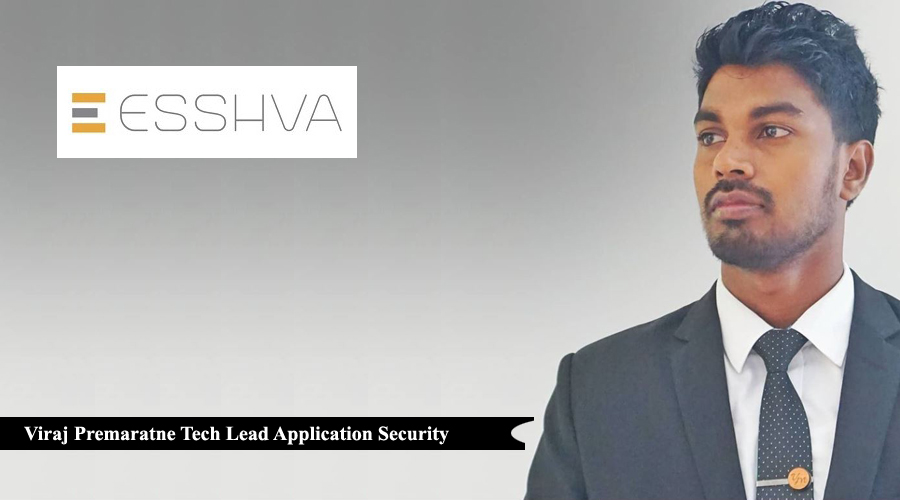While the use of Social Media platforms may be a top of extensive arguments, we cannot ignore that we all, in one form or the other, do utilize these platforms.
Viraj Premaratne of ESSHVA, IT Services and IT Consulting points out the basics of social media security.
The world’s populace relies heavily on social media for information.
We hardly bother reading or watching the News, when all this information is readily available at the tap of a finger.
It could be a Facebook (FB) post, a Tweet, or an Instastory post, social media has made slaves of us all.
Take the current crisis for instance information was rapidly shared on WhatsApp groups and other social media platforms.
Once these platforms were considered a waste of time, has now become ‘check your groups to see what the latest news is on the fuel distribution areas’ or ‘any good general memes of current topics.
Have you ever received spam messages about buying bicycles cheap, only to pay more than the market price?
That is the act of scammers who are lying in wait to catch the unsuspecting individual in a trap to relieve them of their hard-earned money, without being suspicious of anything.
The pros and cons of using social media platforms.
If you are aware of the risks, you may face and aware of how to mitigate those risks, you may be able to use your social media safely, and, securely.
The Passwords
• Do not share your passwords : Never reveal your passwords to anyone, not even your significant other.
• Make your password strong : To create a secure password, use a password that, is more than 14 characters in length; including uppercase & lowercase letters, numbers, and symbols, and not necessarily in that order.
• Do not repeat your password : Use a different password for each of your accounts. Repeating passwords is risky, as anyone who has access to the password of one of your accounts, will be able to access all your accounts with the same password.
• Get help from Password Managers : If it is difficult to keep track of your passwords, you can use a Password Manager (E.g.: LastPass)
• A strong password will help you to keep your personal information safe and prevent someone else from accessing your account.
Keep an eye on Privacy and Security Settings
• From time to time evaluate and update the settings.
• Get help from 2FA : Turn on two-factor authentication on your social media accounts.
• Maintaining privacy and security settings will help prevent unwanted access to personal data, and safeguard your information from being shared with outside parties without your consent.
Safe Logins
• Avoid logging in through free WiFi (untrusted) : you may be at risk of people monitoring your online activities.
• Lock the devices when you leave : This will prevent someone else from unauthorized use of your accounts or email.
• Do Not store your login details on a public or shared device : This will prevent unauthorized access to your accounts.
• Use incognito mode on your internet browser : None of your browsing history, cookies and site data, or information entered in forms are saved on the device.
• Bookmark your social media sites.
Beware of Money Scams
Scammers are quite creative in their scamming endeavours, and an endless list of scamming is easily found on social media platforms.
The main purpose may be to get their hands on the money or to get access to details by deploying malware on the device.
Be cautious of clicking on links shared on various social media platforms attracting your attention to free/ cheaply-priced items.
Forever It will be there
• Think twice about what you post online. What you post has eternal life. Even if you delete it, someone might have already taken a screenshot of what you have posted.
• Default options are much scarier : Default options on your account can reveal your details.
• Revealing Personal details are optional : Remove any details that are not essential to be shared.
• Unusual/ uncharacteristic messages from friends : If you start receiving suspicious messages from your friends’ accounts, reach out to them through another method to ensure that theirs or your account was not compromised.
Friend Circle
• Be cautious of new friend requests : Accept requests only from personally known people.
• Verified accounts : Most public figures have verified accounts (there is a blue tick to show that it is a verified account).
Not all friend requests are genuine friend requests.
We can only guess what their real intentions are.
Being cautious hurts nobody.
Photo Caption Viraj Premaratne Tech Lead Application Security.























